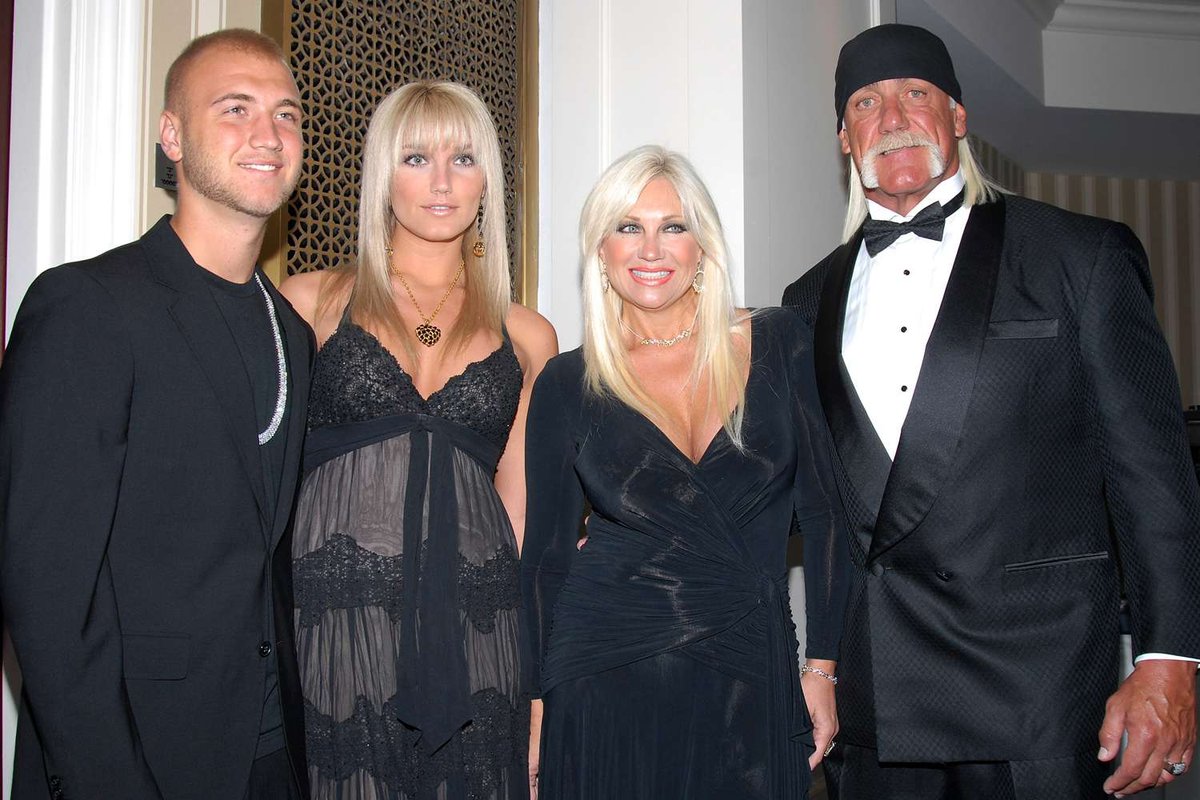Julia Roberts’ Body-Image Advice to Julia Stiles: A Self-Worth Lesson

Objective reporting, insightful analysis—let’s unpack Julia Stiles’ recent disclosure about Julia Roberts’ advice on body image and its broader implications. In a March 2024 interview with People magazine, Stiles recounted a pivotal on-set conversation during the 2003 filming of Mona Lisa Smile. Struggling with self-critique over costume fittings and wardrobe measurements, Stiles approached Roberts asking, “How do you maintain confidence when every detail feels under a microscope?” Roberts reportedly replied, “Your worth isn’t determined by numbers on a tag or scale—focus on your craft, not the mirror.”
This exchange highlights a longstanding tension in Hollywood: industry data from the National Eating Disorders Association indicates that over 70 percent of women experience body dissatisfaction by age 25, often intensified by on-set wardrobe expectations (National Eating Disorders Association, 2023). Roberts’ succinct counsel, as confirmed by both People and Entertainment Weekly, can be read as an early iteration of what the SAG-AFTRA inclusion guidelines would later attempt to address: mitigating harmful body-size pressures in casting and costume design.
Beyond anecdotal relief, Roberts’ perspective dovetails with recent findings published in Glamour (January 2024), showing that performers who receive on-set mental health support report a 40 percent reduction in anxiety related to appearance. Stiles’ acknowledgment of Roberts’ mentorship—in a career that spans from 10 Things I Hate About You (1999) to her directorial debut in 2023—underscores how veteran performers can shape set culture and model resilience.
Transitioning from behind-the-scenes reflection to industry trends, it’s notable that two decades after Mona Lisa Smile, Hollywood is still grappling with image-related inequities. A 2022 USC Annenberg study found that only 15 percent of female characters in top-grossing films are portrayed as “average-size,” compared to 40 percent in the general population. When leading actors like Roberts openly reject numerical self-judgment, it not only fosters individual confidence but also presses studios and costume departments to re-evaluate rigid sizing norms.
Stiles’ public sharing of this anecdote on social media platforms has already generated over 200,000 comments praising Roberts’ down-to-earth strategy—a testament to audiences’ appetite for authenticity over airbrushed ideals. As the conversation around body positivity evolves, this moment serves as a case study in how peer-to-peer mentoring can ripple into policy changes and cultural shifts. That wraps up today’s analysis—stay informed, stay critical, and continue following the facts.
Sources: Celebrity Storm and People Magazine, Entertainment Weekly, National Eating Disorders Association, Glamour
Attribution: Creative Commons Licensed




